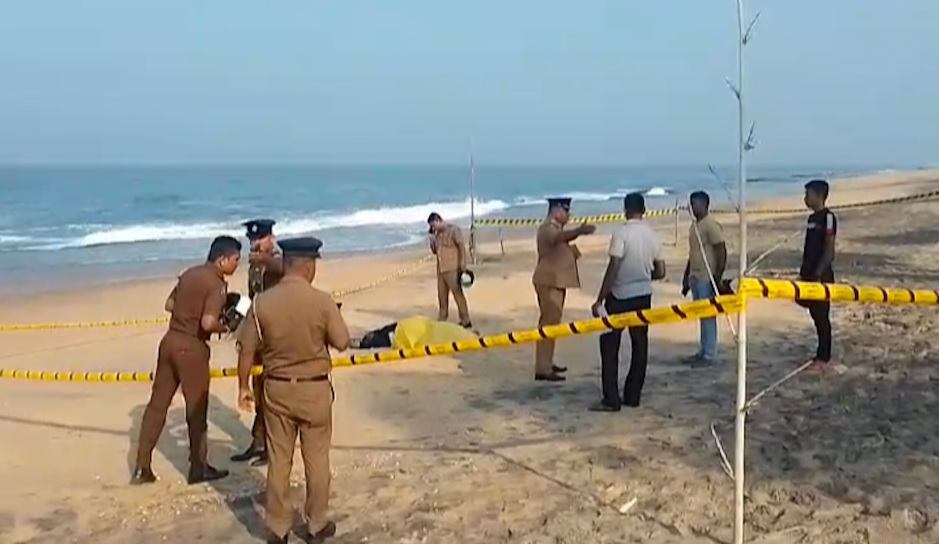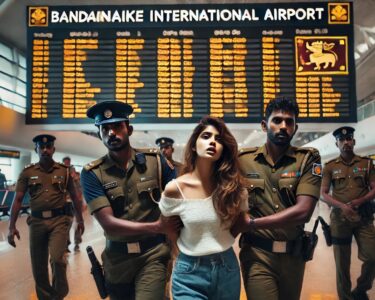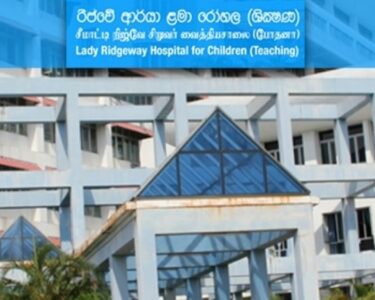The Rising Tide of Drug-Related Crime: A Global Network Fuelling Violence
A surge in drug-related crime has been sweeping across Sri Lanka, with a wave of violence escalating across the country. From local turf wars to targeted assassinations, drug cartels have become more ruthless, making it increasingly difficult for law enforcement to contain the crisis. The influence of international drug syndicates operating from Dubai, Nepal, India, and Madagascar has further complicated efforts to control the situation.
A Growing Crisis
Recent incidents highlight the extent of the problem. In Nittambuwa, a man and a woman were brutally attacked with a sharp weapon,
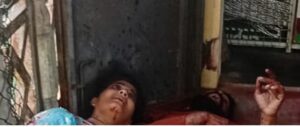
In Uswetakeiyawa, a person was shot and killed execution-style. Reports suggest these violent confrontations stem from ongoing power struggles between rival drug trafficking groups. Intelligence sources confirm that such clashes are not just about revenge but are orchestrated efforts to control the lucrative drug trade.
A notorious underworld figure, Aruna Widanagamage alias Middeniye Kajja, and his six-year-old daughter, were shot dead, on Tuesday (18) night, by contract killers at Kadewatta Junction in Middeniya, Tangalle. Initial police investigations indicate that the killing was carried out by a gang operating in the southern region.
The Dubai Connection
Dubai has become a central hub for Sri Lankan drug lords, allowing them to forge connections with powerful international cartels. These networks facilitate large-scale drug imports, making it increasingly difficult for Sri Lankan authorities to curb the flow of narcotics. The well-established contacts between local criminals and foreign syndicates provide an uninterrupted supply of drugs, ensuring that the trade continues to thrive despite police crackdowns.A police constable and two others have been arrested in connection with the Middeniya murder. However, the murder of Miidnye Kadajaa and his two children remains unresolved. He had previously made public statements claiming he was under threat from the Rajapaksa family. The police are investigating whether this was an attack carried out by an underworld gang. The deceased was also allegedly involved in several criminal activities.
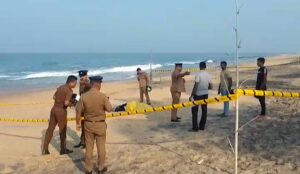
Challenges in Law Enforcement
One of the key obstacles in dismantling these networks is the suspected involvement of corrupt security personnel. These connections provide protection to drug lords, allowing them to operate with impunity. Law enforcement agencies have been working to counteract this influence, but the deeply embedded nature of these criminal ties has made the task incredibly challenging.
Interpol’s Role in the Crackdown
Despite the complexities, Sri Lankan authorities have made significant strides in tracking and apprehending key players in the drug trade. Several high-profile drug traffickers have been placed on Interpol’s Red Notice list, enabling international law enforcement agencies to assist in their capture and extradition. This collaborative effort has led to the successful return of some criminals to Sri Lanka, where they now face legal action.

Drug Wars: A Necessary Evil for Traffickers
Experts have observed that drug wars are an integral part of sustaining the trade. Rival groups frequently engage in violent confrontations to establish dominance and secure profitable territories. As a result, Sri Lanka has witnessed an increase in gang-related killings, further destabilizing local communities. Intelligence units have also warned that in the coming days, criminal groups associated with the slain drug trafficker Sanjeewa are expected to launch attacks against rival factions such as Keselbaddera Padme’s group.
A Fight Far from Over
While the police and intelligence agencies have made notable progress in identifying and apprehending key figures, the fight against drug-related crime remains a formidable challenge. With international drug networks expanding their influence and corruption hindering efforts to dismantle these organizations, Sri Lanka must strengthen its law enforcement strategies and enhance international cooperation to combat this growing threat.
The battle against drug-related crime is far from over, and as long as these networks continue to thrive, violence will remain a devastating consequence of the illicit drug trade. Without a unified, relentless crackdown on both local and international fronts, the wave of drug-fueled crime will only continue to rise.



